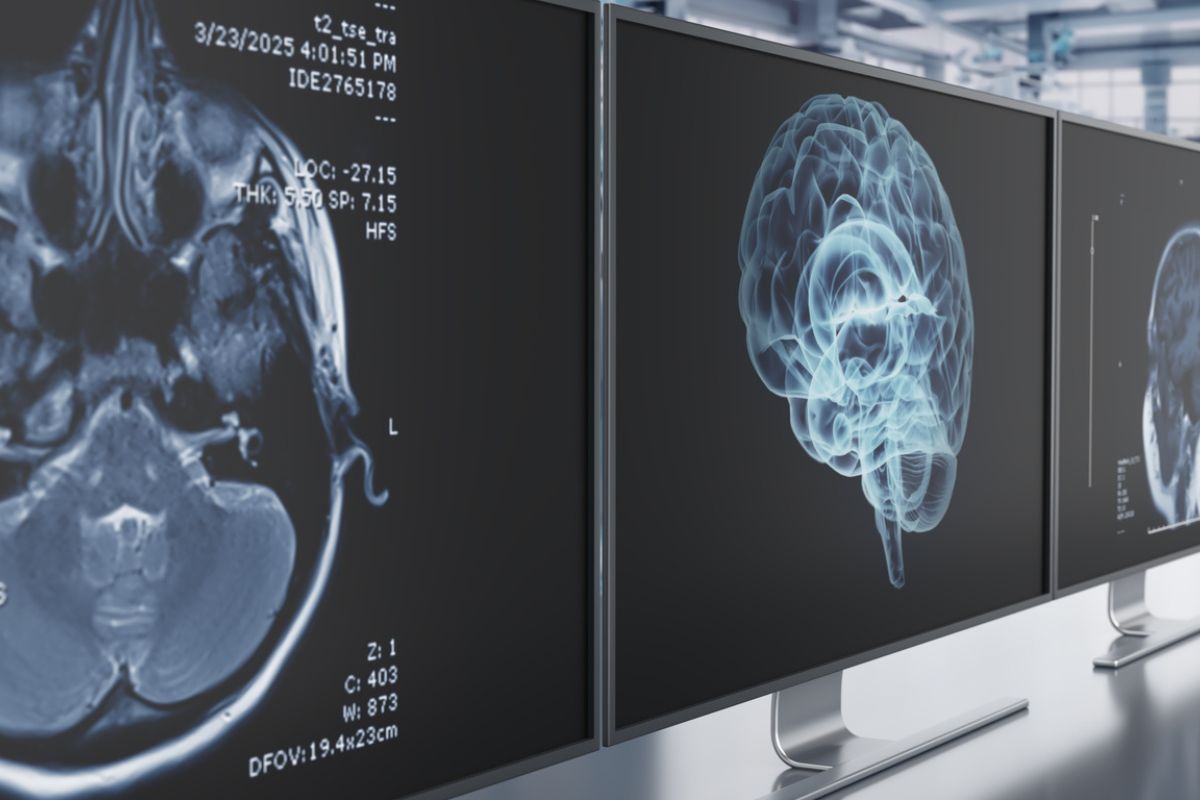For all the damage the pandemic’s done, it seems as if the youngest generations will pay the steepest price. The latest proof of that has emerged in new research that’s discovered that even the mildest of COVID cases among young adults can lead to changes in brain structure and function. As a result, it could pose a threat to long-term cognitive performance.
The research provides new insight into the potential neurological impact of SARS-CoV-2 in populations that avoided severe illness. The study focused on adolescents and young adults since it’s a group that’s remained relatively understudied.
Methodology
The study, part of the Public Health Impact of Metal Exposure (PHIME) cohort, included 40 participants. More than a dozen of them – 13 – tested positive for COVID-19, while 27 served as controls.
The researchers enrolled the participants in a longitudinal study, which offered pre-pandemic baseline data through MRI scans and cognitive assessments. This allowed the team a unique look into pre- and post-pandemic neural outcomes.
The researchers relied on the latest neuroimaging technology, such as resting-state functional MRI (fMRI) and structural MRI, to examine shifts in brain connectivity and cortical volume.
The researchers also subjected the participants to cognitive testing focused on spatial working memory. The team conducted the assessments both before the COVID-19 pandemic and after recovery from mild COVID-19 cases. These parallel evaluations allowed for a direct comparison of brain and cognitive changes.
COVID Affected Multiple Brain Regions
The study exposed notable differences between COVID-19-positive and healthy participants in five critical brain regions:
- The right intracalcarine cortex.
- The right lingual gyrus.
- The left hippocampus.
- The left amygdala.
- And the left frontal orbital cortex.
Perhaps most notably, the left hippocampus revealed a significant drop in cortical volume among those who’d tested positive for COVID.
Researchers also found that the left amygdala showed much lower connectivity in participants who’d contracted COVID-19. This lack of connectivity appeared to be linked to deficits in spatial working memory. From this, the researchers inferred that even mild COVID-19 infection could impair one’s ability to perform tasks that rely on short-term memory.
Backing Up Previous Research
The study results echo a mounting body of literature that suggests that COVID-19, despite its nature as a respiratory virus, appears to have far-reaching neurological implications. Earlier research has linked more serious cases of the virus with reduced gray matter thickness and cerebral volume loss, particularly in the hippocampus and amygdala.
The researchers add that the brain changes they observed could be related to the neurotoxic effects of SARS-CoV-2, which could have a lingering influence even among milder caes of infection. The paper’s authors theorize that it could be because the virus might be invading the brain through the olfactory system. That could cause inflammation and damage in important neural regions.
On the other hand, the authors also posit that the social and psychological stressors of the pandemic – whether its the social isolation or the lingering uncertainties – could be a factor in the changes appearing in the brains of the COVID-positive participants.
These results underscore the necessity for more research into the long-term neurological effects of the pandemic, especially among its younger survivors.
Moving Forward
Finally, the research team hints that further investigation could clarify whether these neurological changes are permanent, and – if not – how long they might last.
The authors conclude by insisting that this study offers crucial new insight into the potentially long-term ramifications of COVID on the brain, even in mild cases. As we struggle with life in the shadow of the pandemic, a better grasp of what it means for everyone who’s been infected could help us develop more effective treatments.
Further Reading
Lockdowns May Have Accelerated Brain Aging, Especially in Girls
Growing Evidence for Potential Use of Antidepressants for Long COVID



